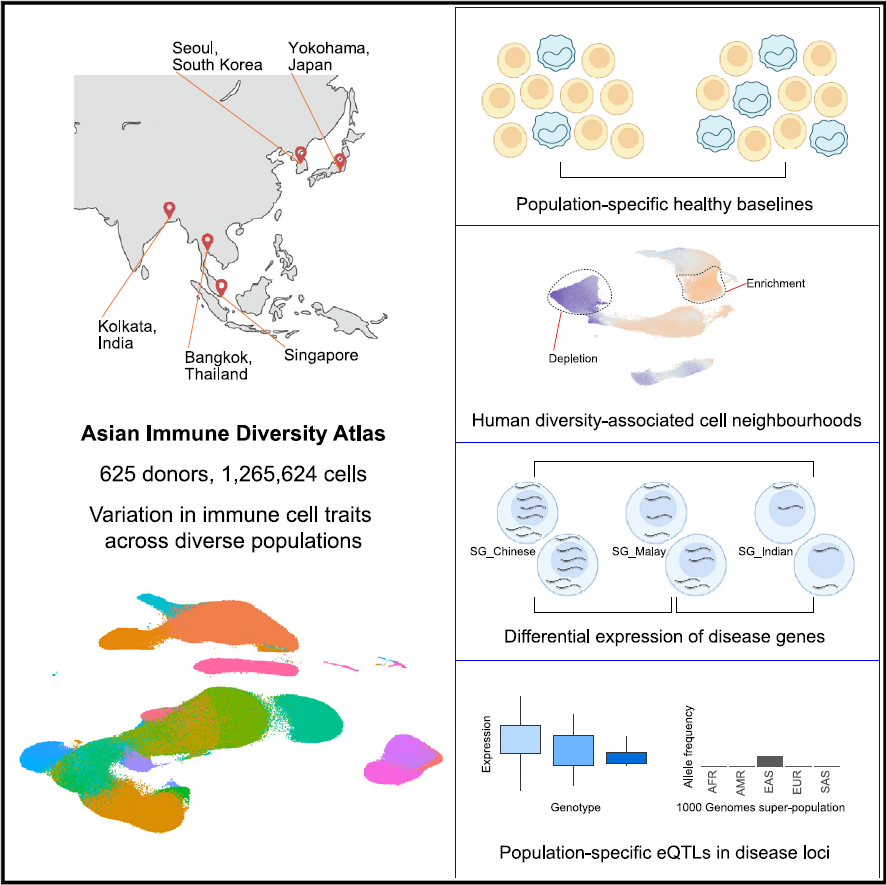Unveiling the Asian Immune Diversity Atlas (AIDA)

The study “Asian Diversity in Human Immune Cells”, published in Cell, showcases the power of an international collaboration between Mahidol University’s research team, the Asian Immune Diversity Atlas (AIDA) consortium, and the global Human Cell Atlas (HCA) initiative—supported by the Chan Zuckerberg Initiative (CZI) and Thailand’s PMU-C grant, this effort highlights the value of inclusive biomedical research and precision healthcare for diverse populations across Asia.
Researchers assembled a reference map of over 1.2 million immune cells from 625 healthy donors across five Asian countries—Thailand, India, Japan, South Korea, and Singapore—using cutting-edge single-cell RNA sequencing. The research highlights how individual factors such as ethnicity, age, sex, and genetic ancestry shape the human immune system. These findings have implications for diagnostics, disease risk, and future therapeutic strategies.
🧬 Key Discoveries at a Glance:
- Population-specific immune cell types, suggesting regional health benchmarks
- Genetic variants (eQTLs) that influence immune function in distinct ethnic or cellular contexts
- Age- and sex-based immune activity shifts, shedding light on immune aging
- The AIDA dataset is publicly available via platforms like CZ CELLxGENE and HCA, empowering global researchers
Mahidol University’s research team contributed a valuable dataset from Thai donors, shedding light on Southeast Asian immune diversity. One standout discovery showed Thai donors had reduced levels of myeloid and monocyte cells, which could alter how diseases are diagnosed or progress in Thai and neighboring populations. These findings emphasize the urgent need to reflect local diversity in medical research and the promise of Thailand as a regional leader in immunogenomics.
🔗 Read the full article in Cell: Here
Ponpan Matangkasombut
Co-author as part of Asian Immune Diversity Atlas (AIDA) Network

